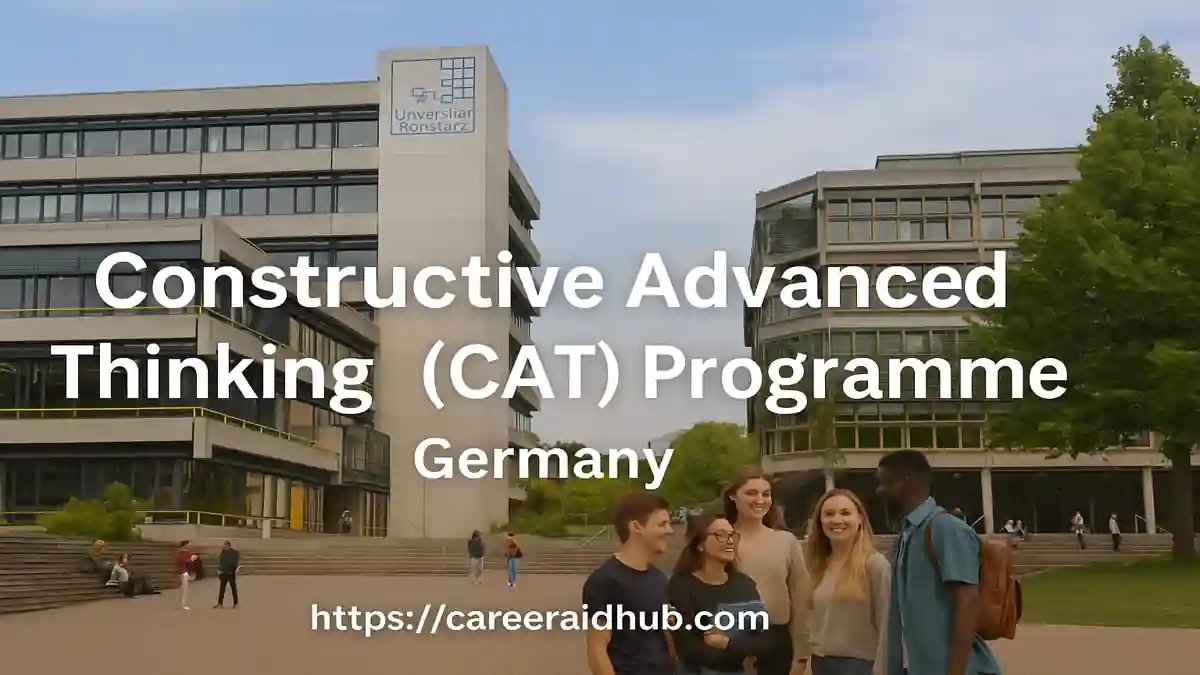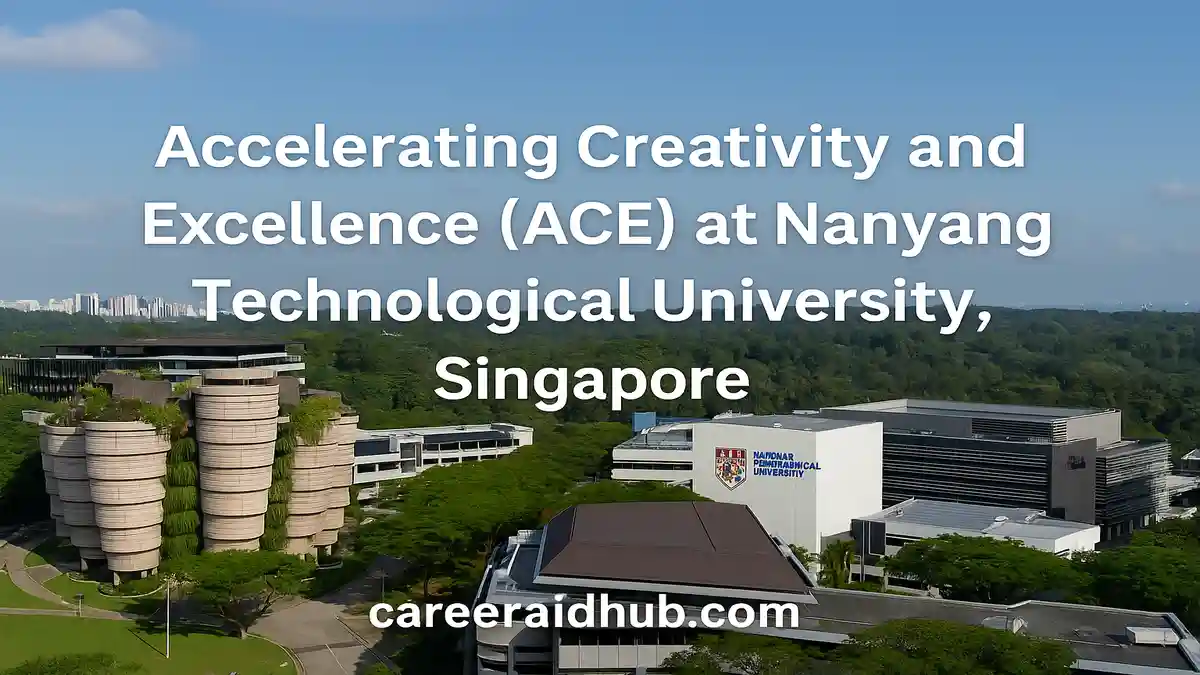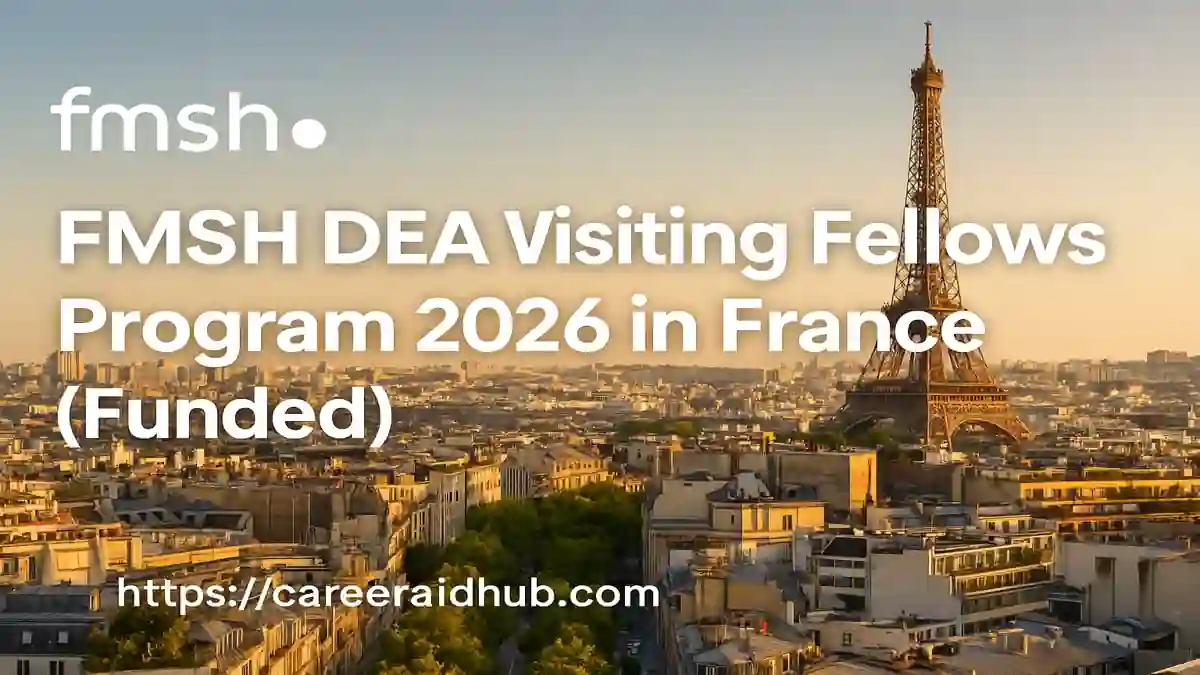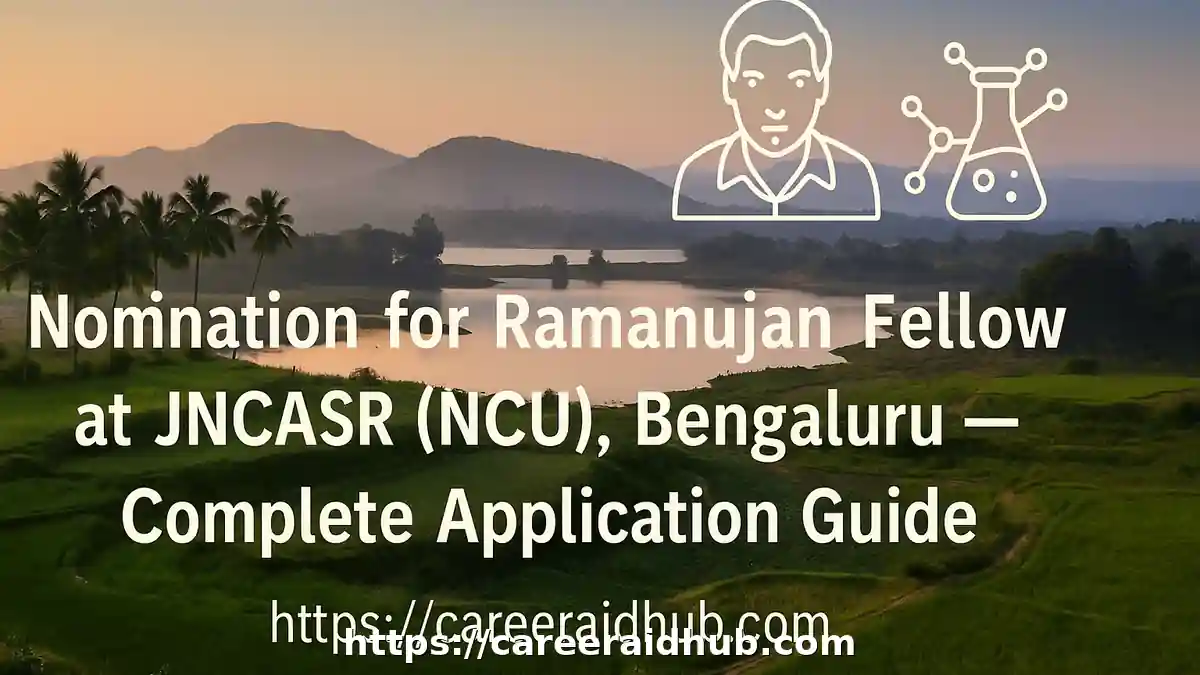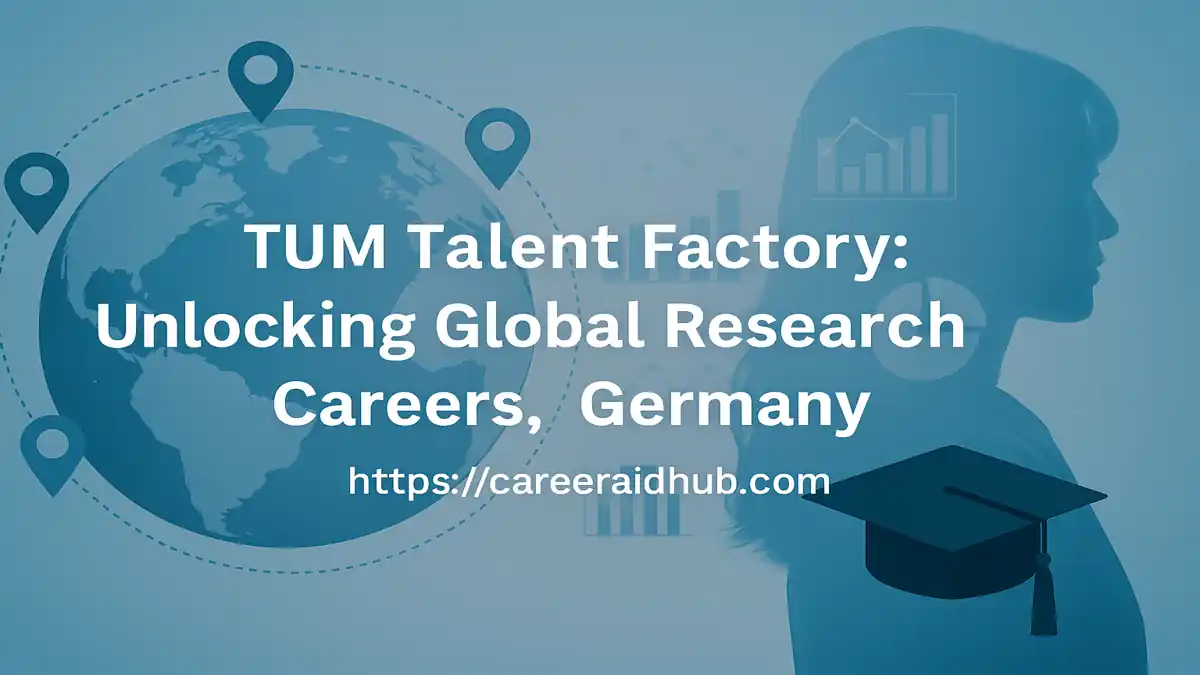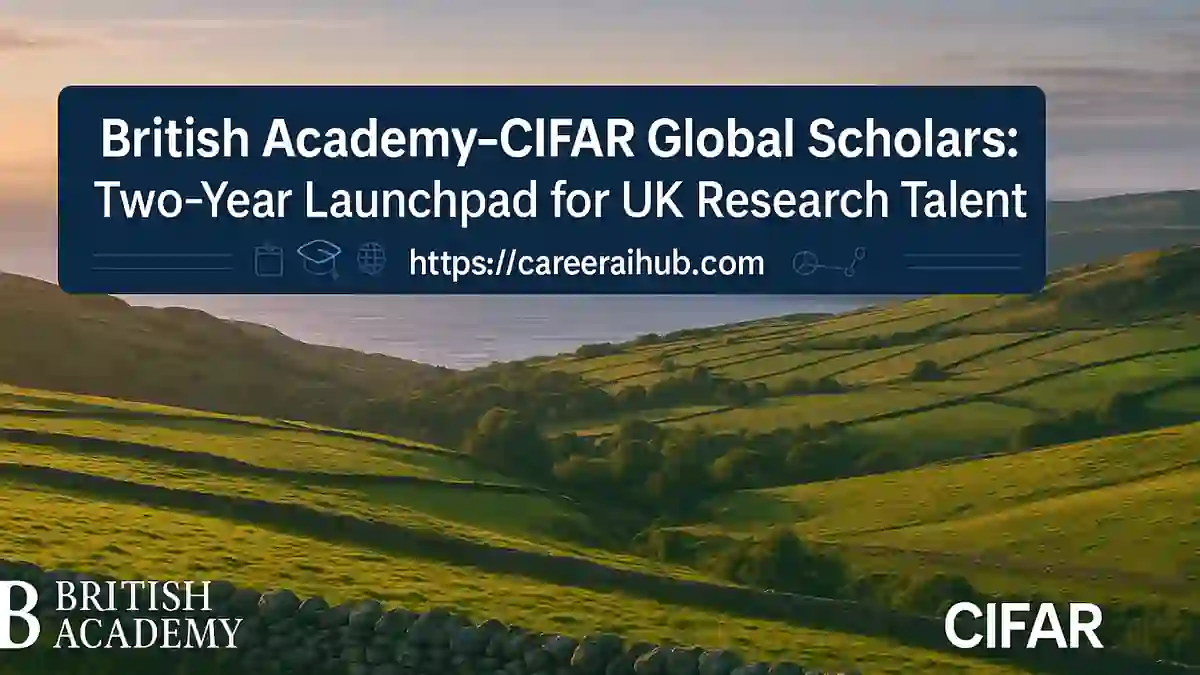Introduction
The Constructive Advanced Thinking (CAT) Programme is an international initiative that nurtures bold, interdisciplinary collaborations among early-career researchers. Founded by the Zukunftskolleg at the University of Konstanz in cooperation with the Network of European Institutes for Advanced Study (NETIAS), the programme brings together scholars to craft innovative approaches to pressing societal issues.
The Constructive Advanced Thinking (CAT) Programme empowers early-career researchers to design creative, interdisciplinary projects addressing global challenges. By funding collaborative short stays at leading institutes, it builds intellectual communities where academics, policymakers, and innovators converge. Travel and accommodation support enables teams to experiment, reflect, and deliver impactful, future-oriented solutions.
Unlike traditional grants tied to narrow disciplines or pre-set themes, CAT fosters bottom-up ideation, giving young researchers autonomy to define their own challenges. By linking participants with policymakers, NGOs, and industry stakeholders, the programme ensures that ideas extend beyond academia and contribute to real-world impact (University of Konstanz CAT Programme).
Purpose & Structure
-
- Catalyzing Creative Thought: CAT exists to provide researchers with the freedom to imagine beyond standard funding structures. Its flexible stays—across Europe’s top institutes—encourage participants to test unconventional ideas, spark dialogue, and develop transformative research.
- Institutional Ecosystem: Participating institutes, from
Applications undergo rigorous peer review. Criteria include:
While applicants may suggest host institutes, final placements are decided by the selection board.
For researchers eager to push disciplinary boundaries and create knowledge with societal impact, CAT provides both the intellectual freedom and structural support necessary for success. Applications open each autumn, so plan ahead, build your team, and prepare to contribute to Europe’s most forward-looking research initiative.
What is the CAT (Constructive Advanced Thinking) Programme? The CAT Programme funds collaborative research teams to tackle complex scientific and societal challenges through innovative, interdisciplinary approaches.
Who can apply for the CAT Programme? Early-career researchers leading small, diverse teams from multiple countries can apply. Applicants must demonstrate strong potential and collaborative research ideas.
What fields of research are eligible under the CAT Programme? The programme welcomes all disciplines, from natural sciences to social sciences and humanities, with emphasis on interdisciplinary and societal impact.
How long does the CAT Programme funding last? CAT funding typically supports collaborative projects for up to three years, enabling researchers to develop advanced research concepts and partnerships.
What are the benefits of joining the CAT Programme? Researchers gain funding, mentorship, institutional hosting, and international networking opportunities to expand the impact of their innovative research.
How competitive is the CAT Programme selection process? The programme is highly competitive, with applications evaluated on originality, interdisciplinary strength, societal relevance, and feasibility of the proposed ideas.
Where can I find the official CAT Programme application guidelines? No, the programme is designed for postdoctoral researchers and early-career academics, not for current doctoral candidates.
How should applicants prepare a strong CAT Programme proposal? Focus on interdisciplinary collaboration, societal relevance, and clear impact pathways. Highlight team diversity, feasibility, and long-term research potential.
What are the deadlines for the CAT Programme application? Deadlines vary each cycle. Applicants should check the official CAT Programme portal regularly for updated submission dates.

